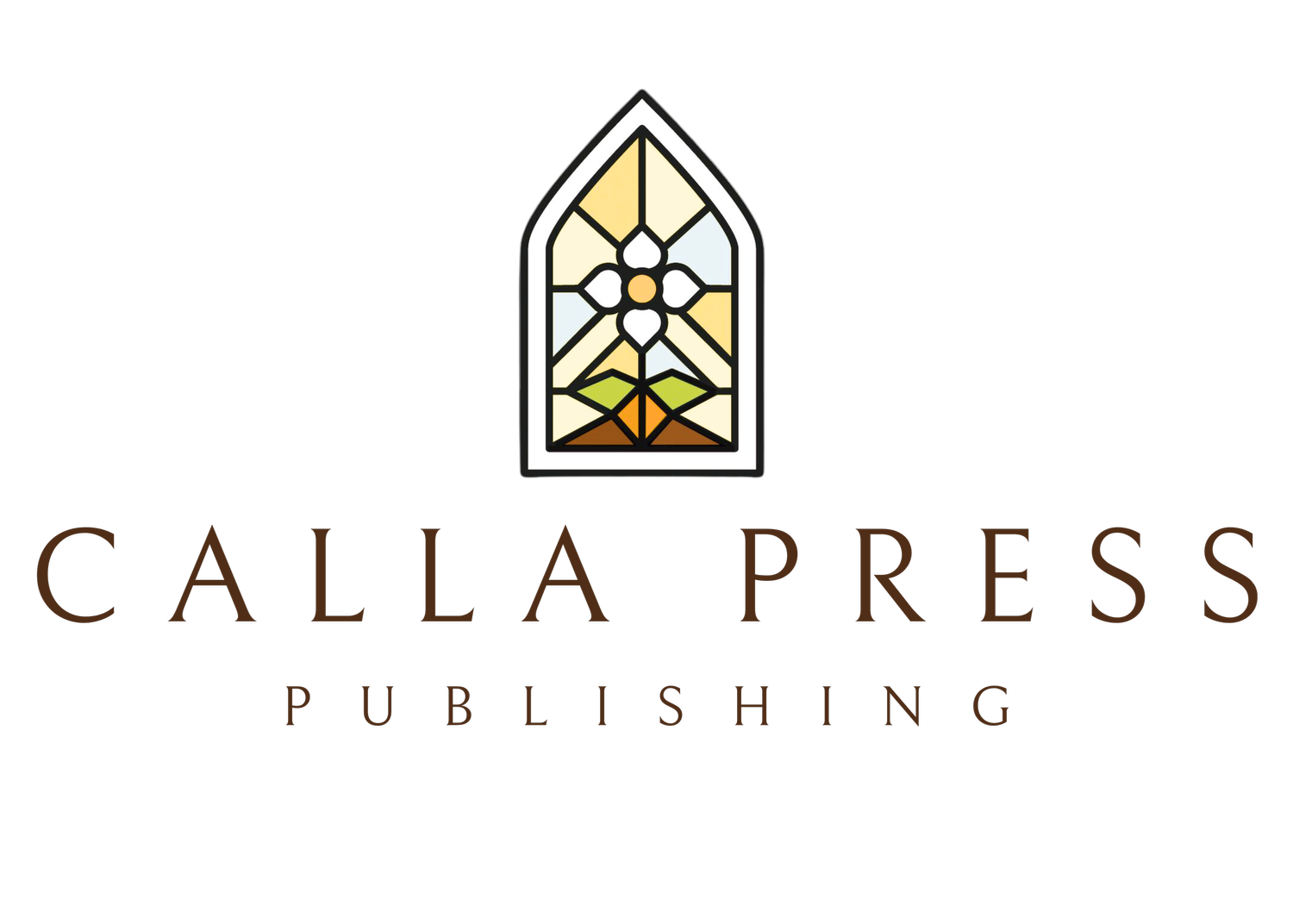Christmas Eve at a Gas Station by Chelsea Temple

Imagine this. Two people, a man and a woman, have been traveling for weeks, they are foreigners in a new place and they have nowhere to stay. The woman is heavily pregnant. Little do the people around her know, but she is carrying the future. By now, you are probably thinking of Joseph and Mary, but no, this is a story about José and Maria.
In Everett Patterson’s illustration, José and Maria are standing outside of a convenience store. Maria is heavily pregnant, sitting on one of those coin-operated rides for children while José tries to call someone on a payphone. Too bad for Maria but the ride looks like it’s out of order. The Biblical shoutouts are clear. This is the modern-day Joseph and Mary.
You don’t have to be a Bible scholar to see the Biblical call signs in this modern-day work.
In the background, you can a sign “Dave’s City Motel” NO VACANCY. The pair have nowhere to go. It’s raining, and yet the couple stays together. They keep trying. Dave’s City or Bethlehem isn’t as a welcoming place as they thought it would be. The hotel they wanted to stay at looks great. It has Free HBO, and it’s under a new manger, I mean, manager. The lights are out, but that’s what it says.
The neon signs behind their heads read Starr Believer, alluding to the bright star that guided the shepherds to the birth of Jesus. The advertisement before that is one for cigarettes with a man sitting atop a camel. A candy bar advert called “Good News” is also displayed behind our forlorn couple. Pasted onto the pay phone that José is using is a sticker with the word “Gloria” on it. José, himself, looks like a hard-working man. He is wearing a blue button-up similar to that of one many blue-collar workers own. He is wearing a jacket with a fur-lined hood, which I hope is enough to stand up against the cold rain.
A discarded newspaper lies at their feet. The headlines range from an ad for “Shephard Watches” to warring adverts for “Glad” and “Tide”. I wonder which one Shelly down the block will choose to buy this week?
They are both young, their faces and the fact that Maria is wearing a Nazareth High School hoodie let me know this. When I think of the story of Mary and Joseph, it’s easy to forget that they too were young. You read the story in the Bible or you see a play around Christmas time, and you forget the hardships that they had to go through because the ending was so spectacular.
You forget that they were young immigrants in an unknown land, poor, and searching for help in an unhospitable environment. You forget all of the vitriol that had to have been thrown at them by all the people who looked at a young pregnant girl and the foolish boy who believed her.
Jesus was the word that was made flesh. That is also echoed in this illustration. The out-of-order ride that a heavily pregnant Maria is resting on bares those two words written in graffiti. So simple. So mundane. Word. Flesh. As if these two words are street slang written by some bored youth, a little younger maybe than José and Maria themselves.
I look at this illustration and I wonder, “If I was alive in the days of Joseph and Mary, would I have seen beyond their dirty clothes and faces? Would I have looked at a young girl’s pregnant belly and thought, suits you right?”
Would I have judged them?
Would I have opened the door to these two teenagers?
I like to think that I would have helped in some way. I like to think that I could see beyond the dirty, rain-soaked clothes or the young faces and thought, yes, let me help them, and yet, many people today when faced with their own José and Maria, don’t. They hear a language that is not their own, they see skin that is darker than theirs, they see choices that they wouldn’t have made, and they decide that these people aren’t worth helping.
If we are to learn anything from an illustration like this, it is that the stories of the Bible are still being written. No, they aren’t being added to the book on my bedside table, but they are being recorded. We are the characters being shaped by the greatest author the world has ever known. We are living, breathing stories.
The plights that those in the Bible faced are ones that people all over the world still face today. We see people fighting for religious freedom. We see elders who are desperately trying to pass on their religion to the next generation before those stories are lost. We see people in need, who are one choice away between an eternity of peace and a lifetime of doubt.
As much as we shouldn’t forget that those close to us are living their own Bible story, we also shouldn’t forget that those who have been enshrined in the Bible were also living breathing people with doubts, insecurities, and fears. So, whether it is today’s story or a story long ago, I hope that we can all be people who would look at two lost kids, and say, “Come on, I have a place you can stay.”
Chelsea Temple is an English teacher from East Tennessee. Her favorite part of having a relationship with the Lord is that she always has someone to see her classic "side eye" look. She believes that the Lord appreciates her humor while she tries to appreciate all of his. She attends Lyons Park Missionary Baptist Church in Church Hill, Tennessee.

